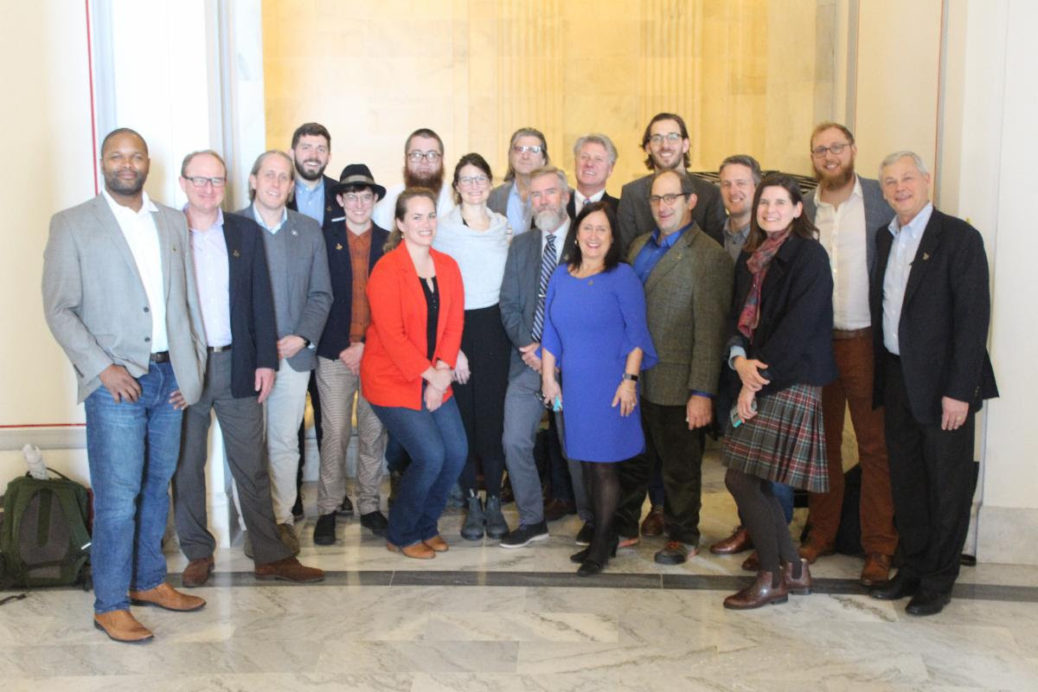Prior to the passage, the American Craft Spirits Association, together with other major beverage industry groups, worked tirelessly to rally support for FET relief, which was set to revert back to $13.50 from $2.70 for the first 100,000 proof gallons removed from bond per year. CMBTRA had also garnered tremendous bipartisan support with endorsement by more than three-fourths of the House and Senate. Though industry groups had advocated for permanent passage, this one-year extension still provides significant continued relief. Come early 2020, ACSA, along with its industry allies in beer, wine and cider will once again begin a broader push for permanence.
Margie A.S. Lehrman, CEO, ACSA: “In a political climate that is arguably more divided than ever, we applaud Congress for working together on both sides of the aisle to support our community of 2,000 small businesses and do what is vitally important to keep our industry growing. Though FET permanence is critical to the long-term success of our industry and the peripheral industries we support, including U.S. agriculture and hospitality, today we celebrate a small but critical victory. But tomorrow, we will again shift gears to focus on permanent tax relief and long-term parity with our friends in craft beer and wine.”
Chris Montana, President, ACSA and Co-Owner, Du Nord Craft Spirits: “As President of ACSA and a craft spirits producer myself, I know firsthand the struggles we all face in forecasting our financial futures. This one year extension is a certain step in the right direction, but the need for permanent reform is evident as ever. Without the certainty of a longer-term reduction, it remains difficult to plan for growth and expand.”
Mark Shilling, Immediate Past President and Board of Directors, ACSA:“Although FET relief through 2020 is a great step forward, there is much work yet to do. A one year extension temporarily saves jobs and keeps businesses afloat, but also continues the cycle of uncertainty and this uncertainty means owners cannot plan and manage into the future, and potential investors will be anxious about additional investments into the industry.”

